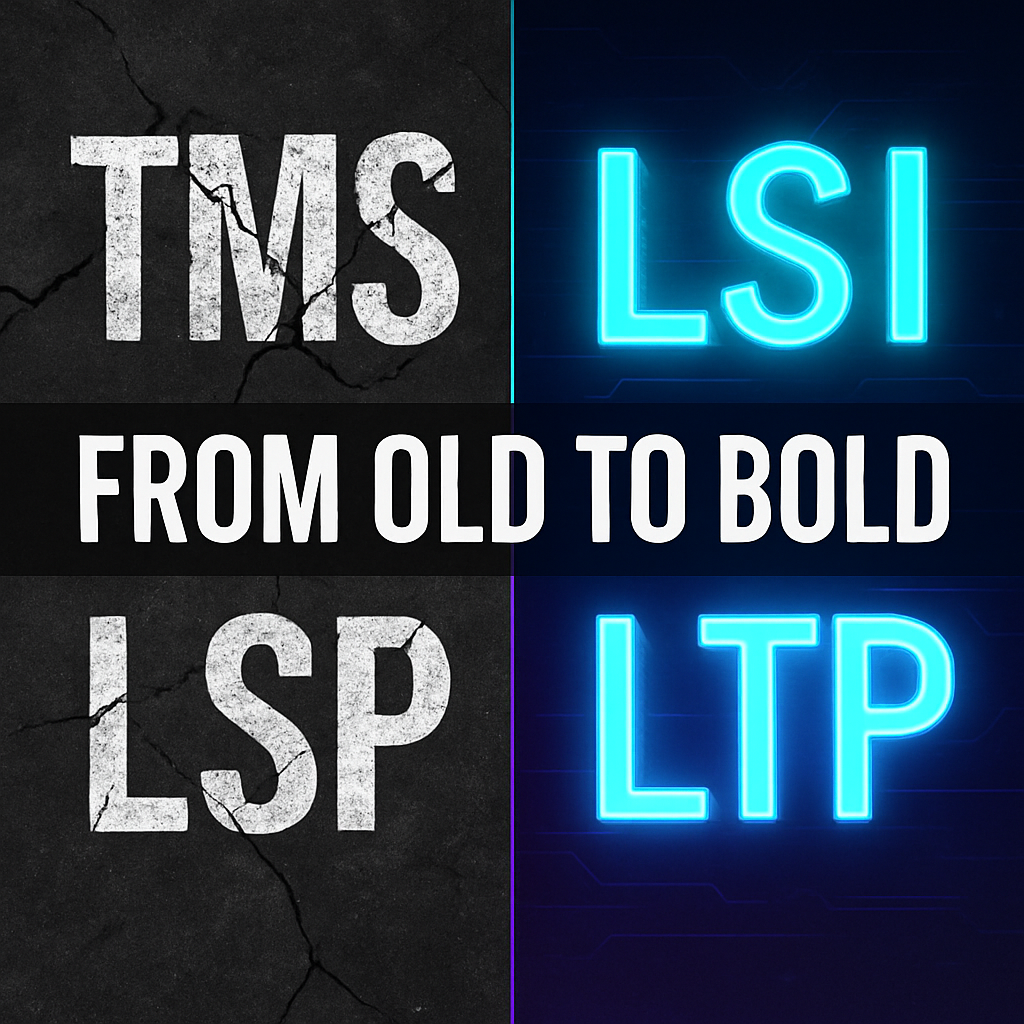Translation Management Systems (TMS) have always been... necessary. Like taxes. Or cleaning the fridge. You know you need them, but you don’t really want to think about them.
As a Localization Manager in a big company or a Project Manager at an agency, you’ve got everything you need, right?
The source content and the translators. So why complicate things by adding a whole new software into the mix?
Email and traditional tools like Word are simpler, universally understood, and don’t come with the constant headaches often associated with TMSs, such as:
- Complexity Over Usability: Too much to learn, too little time.
- Lack of Customization: One size doesn’t fit all.
- Integration Nightmares: Plugging into existing tools shouldn’t be this hard.
- Hidden Costs: The real price tag always seems to appear later.
- Missed Context and Quality Control: Because translation is more than just words.
- Fragmented Reporting: Data that doesn’t tell the whole story
We are living in a time when AI is reshaping each and every aspect mentioned above. Now is the perfect moment to take a step back and reevaluate your current translation stack.
We’re talking:
- Fewer late nights battling workflows.
- Translations that actually make sense.
- And a system that feels like it was designed for real people—not robots.
So, if you’re ready to stop surviving and start thriving in the world of translation management, let’s talk about how this can happen.

AI That Gets the Whole Picture (Context Sensitivity)
We’ve all seen it. Machine translations that technically make sense but miss the point entirely. Like when “exit” becomes “leave” in a fire safety manual. (Whoops.)
Here comes Context Sensitivity –Reads Between the Lines: Instead of treating each word like an island, the Context Sensitivity, which is leveraged by LLM and the project context, considers the sentence, the paragraph, and the bigger context, such as translation memories and glossaries.
- Nuance, Not Nonsense: From UX copy to marketing slogans, it understands tone and intent so you don’t spend hours undoing machine mishaps.
- Goodbye, Double Work: You don’t have to babysit the suggestions. They’re actually usable from the start.
It’s like having a junior teammate who actually listens instead of nodding and doing something completely different.
Cut Your Workload in Half (While Looking Like a Hero)
Time is money. And if you’re still slogging through repetitive TMS tasks like it’s 2015, you’re probably pulling your hair out. AI can give you hours back in your day.
- No More File Chaos: Tasks, assignments, deadlines—everything’s automated. You click “go,” and the system takes care of the rest.
- Smarter Suggestions, Faster: AI combines Machine Translation, Translation Memories, and live learning to get smarter every time you use it.
- The Magic of Real-Time Adaptation: As you edit, the system learns. So tomorrow’s suggestions are better than today’s.
Imagine being ahead of schedule for once—like, actually ahead. You finish projects early, grab a coffee, and maybe even log off at a reasonable hour. Who knew that was even possible?

Quality That Doesn’t Make You Sweat
Let’s talk quality. Because what’s the point of speed if you’re just creating more cleanup work later? AI is a stickler for details, so you don’t have to be.
Here’s how it keeps everything polished:
- Glossary Nerdiness: It sticks to approved terms like glue, ensuring no rogue phrases sneak in.
- Context-Aware QA Checks: It flags inconsistencies intelligently, not robotically. No more false alarms over harmless sentences.
- Quality Predictions (Yes, Really): Before you even touch the file, the AI estimates its quality so you can focus your energy where it counts.
It’s like having a perfectionist editor on your team—minus the passive-aggressive feedback notes.
Customization: Because Your Workflows Aren’t One-Size-Fits-All
If there’s one thing worse than clunky software, it’s clunky software you can’t customize. That is absolutely reasonable. You’re in charge here, as you should be.
- Plug In Your Favorite AI: OpenAI? Microsoft Azure? Bring your own AI brain. The TMS plays nice with them all.
- Tailored Workflows: Build a process that works for you. Automate what you hate. Keep control where you need it.
- Easy API Connections: CMS, design tools, Slack reminders—whatever makes your life easier, the TMS integrates seamlessly.
Think of it like IKEA furniture you don’t need an instruction manual for. Everything fits perfectly, without the mystery screws left over.

It’s Easy. Like, Actually Easy.
Let’s cut to the chase: If a tool isn’t easy to use, you won’t use it—no matter how many bells and whistles it has. Your best user experience should include:
- The interface? Clean and intuitive. No clicking through 17 tabs just to find a file.
- Setup? A breeze. You’ll be up and running faster than you can say, “What’s my password again?”
- Learning curve? Almost nonexistent. If you can send an email, you can manage a project here.
Bonus: Your designer will love you for this. With all the time you’ll save, there’s room to add beautiful screenshots, charts, or images to show off your results.
AI isn’t the future of TMS. It’s the right now
With features like Context Sensitivity, workflow automation, and quality that’s built-in—not bolted on—Bureau Works’ TMS is more than just another tool. It’s the teammate you always wished you had.
So, stop battling your TMS. Stop watching deadlines loom like storm clouds. And stop re-doing work because your tools couldn’t keep up.
This TMS has your back. It’s smarter, faster, and—best of all—it just makes sense.
And who knows? You might even have a little spare time to paint that miniature scene waiting in the craft room. Imagine that.
Unlock the power of glocalization with our Translation Management System.
Unlock the power of
with our Translation Management System.
















.avif)









.png)